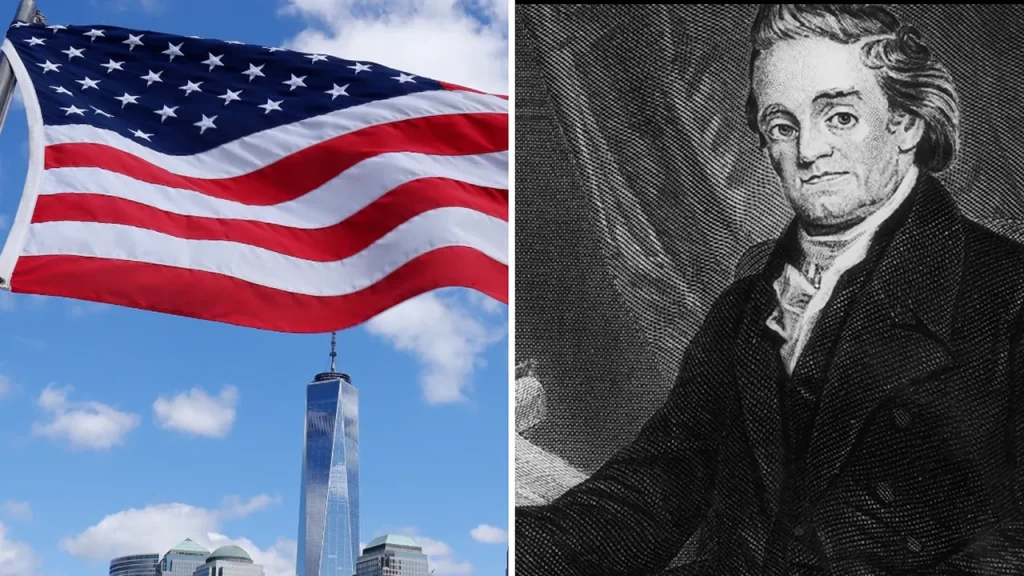Noah Webster, a New England native, was a central figure in shaping the cultural identity of the United States during its early years. He believed that America needed a distinct cultural identity to complement its new political independence from Britain. Through his works, Webster advocated for American independence and played a crucial role in defining the nation’s language. His impact extended beyond his well-known American-English dictionary, as he engaged in correspondence with Founding Fathers and earned the titles of “The Forgotten Founding Father” and “The Schoolmaster of the Republic.”
Webster’s passion for writing and books was evident from a young age, leading him to pursue a career in language and education rather than farm life. During the American Revolution, he demonstrated his willingness to sacrifice for the cause of independence. His involvement in local militia activities and his writings, such as the “Sketches of American Policy,” showcased his dedication to shaping the country’s future. One of Webster’s most significant contributions was his “Blue-Backed Speller,” a textbook that taught generations of American children to read, write, spell, and pronounce words. Its popularity solidified Webster’s influence on American education and language.
As the United States expanded, so did Webster’s collection of words. He published the “Compendious Dictionary of the American Language” in 1806, introducing 5,000 new words, including groundbreaking definitions like “immigrant.” Webster’s efforts culminated in the release of the “American Dictionary of the English Language” in 1828, which contained 70,000 words, 12,000 of them new to British English dictionaries. Through his meticulous research and dedication to defining American English, Webster introduced spelling changes that differentiated American English from British English, a distinction that remains to this day.
Noah Webster’s legacy lives on at the Noah Webster House in West Hartford, Connecticut, where visitors can learn about the educator’s life and contributions to American culture. The house hosts events like “Webster’s War of the Words” to engage the public in celebrating the nation’s linguistic heritage. Webster’s influence extended beyond language and literature, as he served in various capacities during his lifetime, such as editing a newspaper, serving in the Connecticut House of Representatives, and contributing to intellectual property law. His dictionary remains a staple in American households, with the Merriam-Webster Dictionary continuing his tradition of defining and documenting the English language.
Webster’s vision for America as a leader in literary achievements continues to resonate today. His commitment to establishing a national language aligned with his belief in America’s potential for cultural excellence. Through his dedication to defining and documenting American English, Webster left an indelible mark on the nation’s linguistic heritage. His work continues to be celebrated and recognized for its contribution to the cultural identity of the United States and its role in shaping American English as a distinct and influential language.
In conclusion, Noah Webster’s legacy as a patriot with a pen shines through his efforts to define American English and shape the nation’s cultural identity. His advocacy for American independence and dedication to language education left a lasting impact on generations of Americans. Webster’s contributions to defining and documenting the English language established him as a key figure in shaping the nation’s linguistic heritage. His work continues to be celebrated and commemorated, underscoring his pivotal role in creating a common language for a diverse and dynamic nation.













